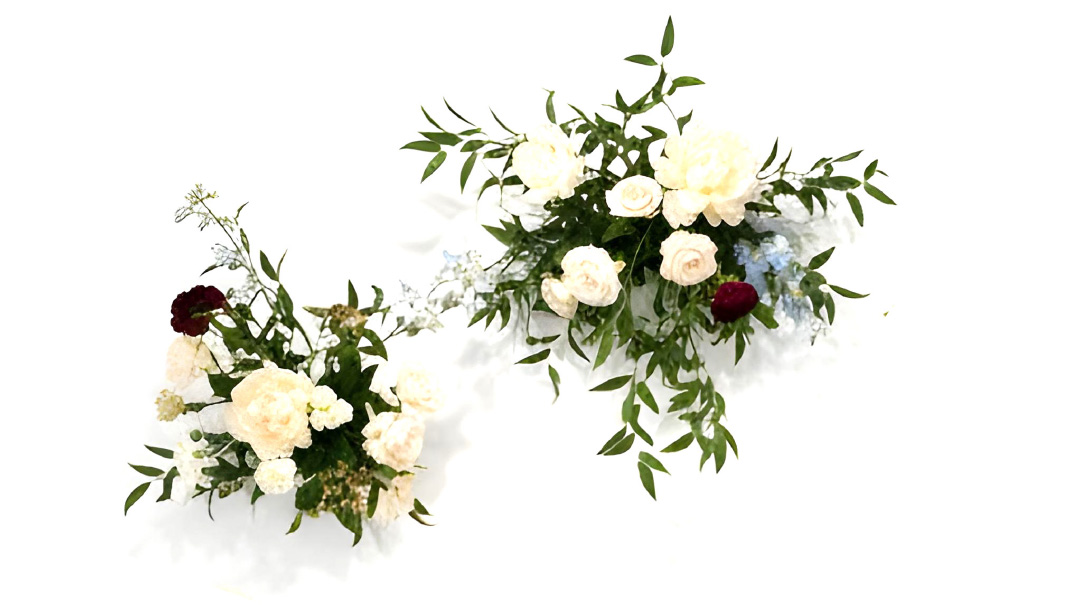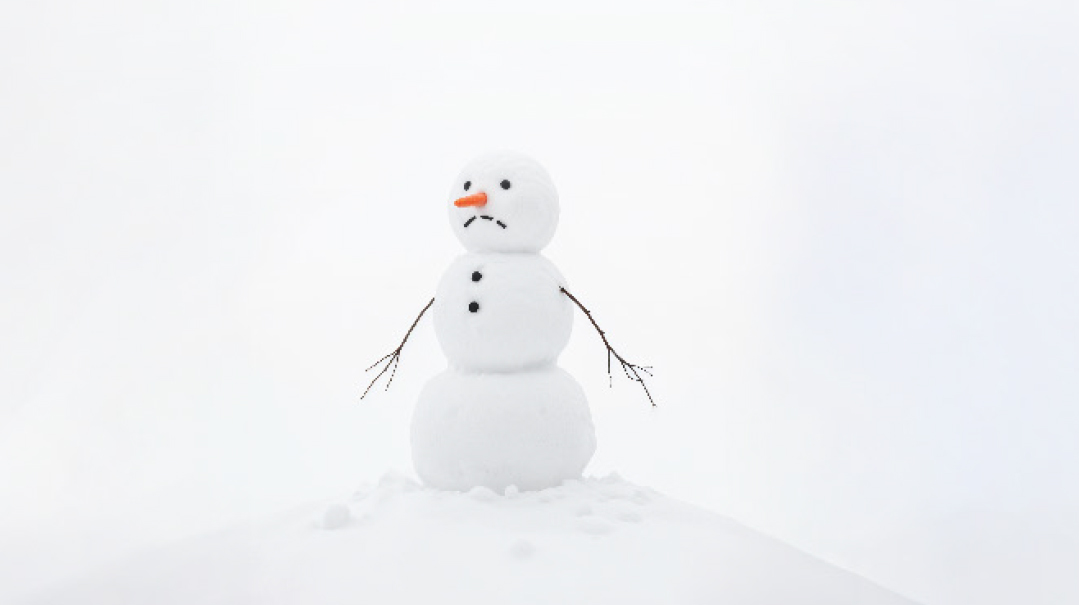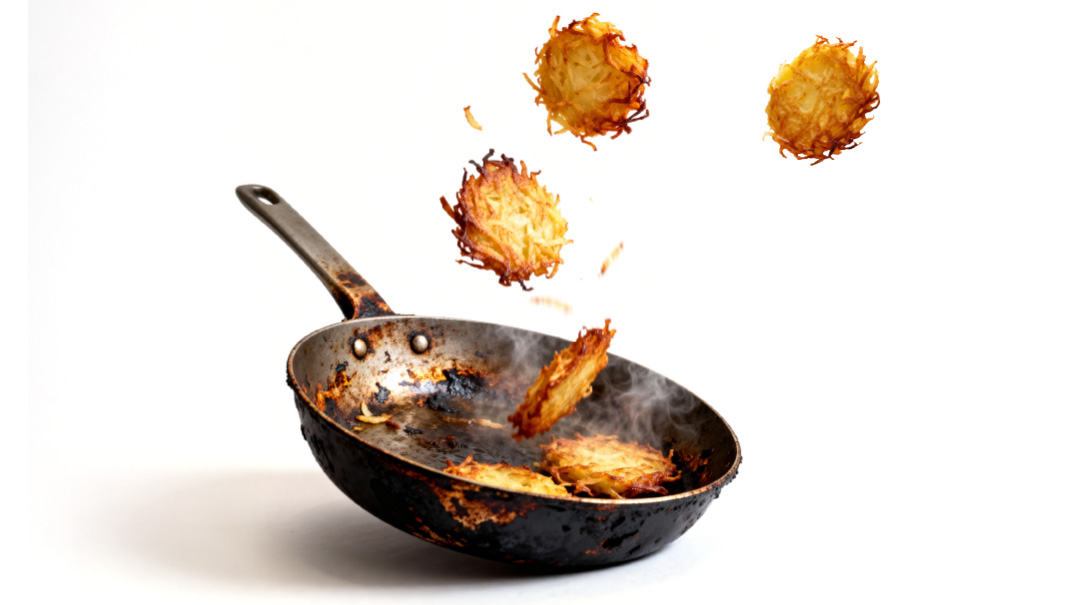Something Doesn’t Smell Right
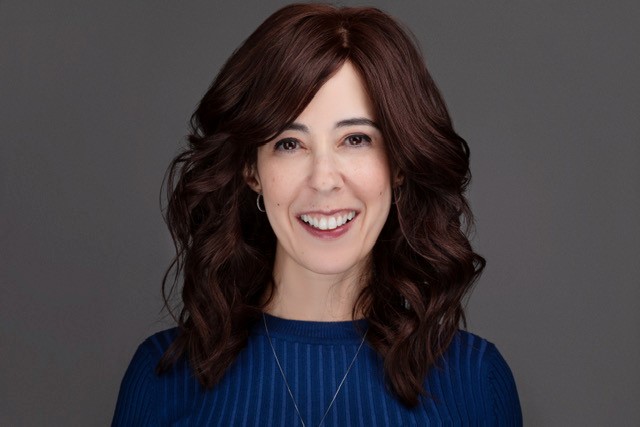
“Who’s going to make sure the milk isn’t spoiled, Ema?” my kids pondered. But the kids’ breakfast was the least of my problems
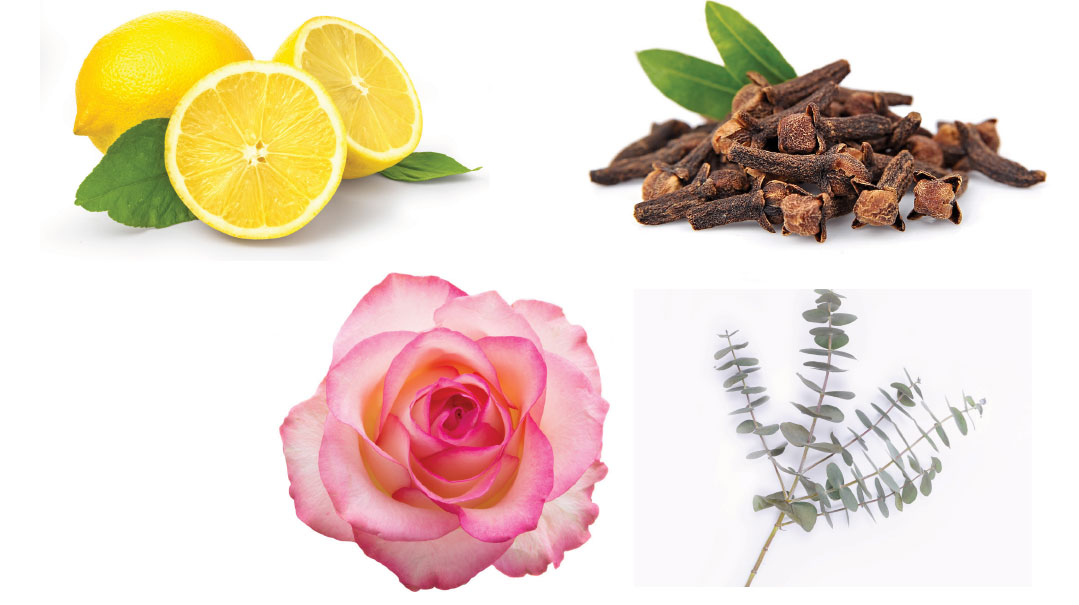
"D
o you smell what I’m cooking?’” I said aloud in my empty kitchen.
I sniffed, expecting to enjoy the aroma the sautéed onions should have been wafting through my culinary oasis, but nothing. Uneasy, I ran to the pantry and took out the ginger, coffee, and cinnamon sticks, confident that this was only a blip on my radar of concern. Nada.
I didn’t need a rapid test swab to know I had COVID.
It seemed like a mild case, but being in quarantine was nothing compared to losing my sense of smell. This was definitely going to complicate my life. It felt like someone pressed the mute button on my nose. I was the designated smeller in the family; I could smell a moldy ceiling in the bathroom or less-than-fresh-bottle of orange juice from miles away. Who would remind everyone that the garbage wouldn’t take out itself? Who would alert the others if a fire broke out? My first ten minutes after the realization hit were terrifying.
“Who’s going to make sure the milk isn’t spoiled, Ema?” my kids pondered. But the kids’ breakfast was the least of my problems. My sense of taste was gone, too. Would the customers who bought our soups have to rely on my taste-impaired palate? And wait, I’m a food writer and submit original recipes to Family Table! Argh. (Thank goodness we worked on the Succos supplement way before any of this happened.)
Dr. Google clearly explained that there was no predictable timeline for relief from these symptoms. Prior to getting coronavirus, I’d met many people who said they’d gotten the virus in March and still hadn’t recovered their sense of smell. Some complained that most beverages tasted like dirt and many foods were only enjoyable on a textural level. My friend Aliza let me know about something else to look forward to.
“Chaia,” she asked, “do you smell cigarette smoke?” Having no smokers in a fairly large radius, I didn’t. “It’s the phantom smells,” she lamented. “The phantom smells….”
Time to panic.
We don’t realize how reliant we are on the sense of smell. Even with a cold and stuffy nose, I can smell to a certain degree. Suddenly I realized that when I cook, I don’t leave timers on. I simply track the food’s progress by smell and know when to look at it to see how much time it still needs. I discovered this habit when I almost burned my house down.
“Honey, why is the smoke alarm going off?” my husband yelled. The smoke alarm, that annoying screeching box that overreacted to grill pans, was finally doing its job. I ran into the kitchen to see a pot of soup spewing out black smoke.
Deep breath. I covered the pot to stop the smoking and gently scraped out the salvageable parts of the soup. I’d mix it with new broth and hope for the best.
The rest of the family was less sure.
“We’re going to eat that?” my husband asked. Shoot. We needed a tester to make sure it was edible. Our neighbor, Reb Azi, an excellent cook himself, was graciously making himself available for the most inane errands while we were stuck in the house. We sent him an urgent text.
“You know your house smells like an ashtray,” Reb Azi commented when he walked in. My husband and I (socially distant from him and masked of course) looked at each other in confusion. Did it? I gave him a taste of my newly doctored-up soup. He took a sip and looked up thoughtfully.
“It actually has a nice smoky flavor,” he said (insert groan here). But it was still edible, he promised, and I figured I’d take advantage and have him taste other things I made that day. Men don’t have fleishaphobia apparently.
Time passes slowly when you’re battling anosmia (the medical term for loss of smell).
“I can’t deal with this. It’s crazy!” I wailed. It was only day three, but I was already terrified, imagining not smelling or tasting forever. I mean, why even bother eating food?
Oddly enough, I could taste very salty things, (I devoured way too many bags of potato chips) and very sweet things (though it felt like I was adding tea to my honey and not the other way around).
I needed to find a cure. How could it not exist already? And if it didn’t, why wasn’t anosmia considered a disability, enabling me to park closer to Gourmet Glatt? Hey, it did affect my ability to create new recipes or tweak others, and I was weaker from not eating as much because the food had no taste.
I learned that until this strange symptom of COVID came on the scene, no one knew much about it. My computer kept autocorrecting anosmia to insomnia when I typed. (Ironic, considering how much sleep this condition made me lose.)
I kept up my research, and hit on an organization in England dedicated to anosmia research. They suggested smell therapy. It was worth a try, I figured, and ordered the requisite tools.
The Amazon boxes arrived the next day with bottles of essential oils: lemon, clove, rose, and eucalyptus. Apparently sniffing each of them for 20 seconds twice a day would hopefully start waking up my inflamed olfactory nerves.
If you try this, be careful. I learned through painful experience: Don’t let essential oils touch your skin.
“Is your nose still burning?” I asked my son Yosef as he exchanged my melted ice pack for a fresh one.
I was mocked for considering such a silly cure, but felt vindicated when one day I caught a whiff of my orange-scented body wash. “Please Hashem, let this not be a nostril mirage.” I grabbed other soaps and detected the tiniest hints of scents: gingerbread, sea breeze, and plain old Dove.
At dinner out with friends a few weeks later I happily realized that I could taste most things. I’m still not enjoying what I call the three big C’s: cabernets, coffee, and chocolate. And many tastes whose intensity I used to enjoy are now muted. I can basically lick lemons for fun.
I’m not complaining. I’m not sure why I was lucky enough to dodge an extended loss of smell and taste, and if I started regaining this much of my senses, I pray they’ll only get stronger. For now, I’m grateful for the silent smoke alarms.
(Originally featured in Family First, Issue 719)
Oops! We could not locate your form.




